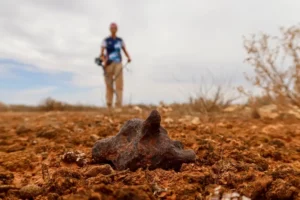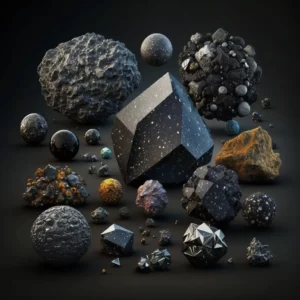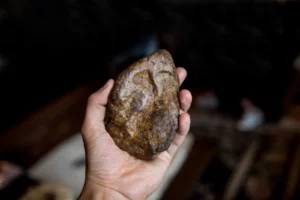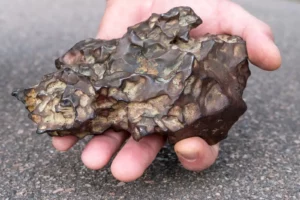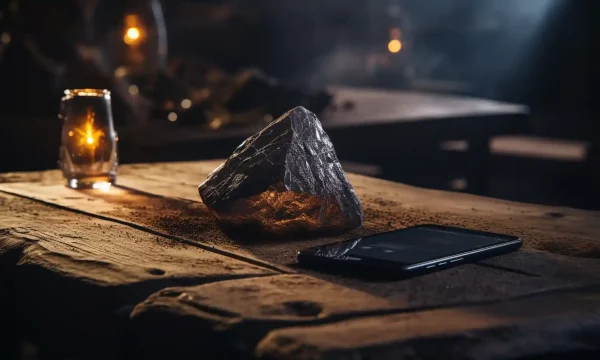
From Space to Sale: How to Contact a Meteorite Buyer
Last Updated: September 22, 2023
Meteorites are coveted by collectors and researchers alike for their scientific and aesthetic value. If you are fortunate enough to find one, you may be wondering how to go about selling it to an interested buyer.
Locating a meteorite buyer is not always straightforward, as this is a niche market. However, with some diligent research and outreach, you can connect with individuals or organizations that will appraise and potentially purchase your meteorite.
First thing first: Are you sure you’ve got a meteorite?
Before reaching out to potential buyers, make sure that the rock you have is likely an actual meteorite. Meteorites have distinct features that set them apart from regular earth rocks.
The two main features to look for in determining if a rock is a meteorite are the presence of a fusion crust and magnetism. Meteorites contain iron-nickel metal, making them magnetic.
A fusion crust is a thin, glassy coating that forms on the exterior of a meteorite as it passes through the atmosphere. It is usually dark black in color and smooth in texture.
Other indicators include regmaglypts (shallow depressions on the surface), a metallic interior, and specific testing is required for rare lunar or Martian meteorites.
Manmade metals and terrestrial rocks can often be mistaken for meteorites. Slag, melted aluminum, and basalt should not be confused with meteorites.
If you have strong evidence that your rock may be a meteorite, consider getting it officially analyzed by a qualified lab or institution. They will have the expertise and technology to conclusively identify its extraterrestrial origins.
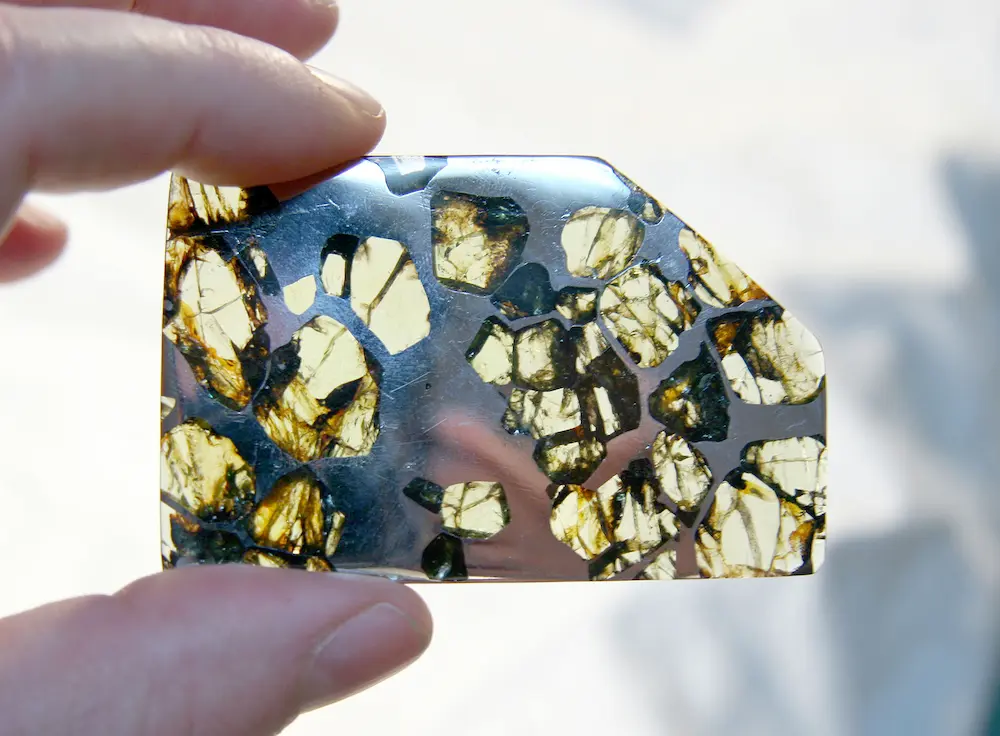
Researching Potential Buyers
Once you have a probable meteorite in hand, it’s time to look for individuals or institutions that may be interested in purchasing it. Joining meteorite and collector forums online can connect you with serious buyers in the community. Major meteorite groups and clubs like the Meteorite Market and the Meteoritical Society are a good place to start.
There are various platforms to consider, each with its pros and cons. For instance, eBay offers a broad audience but is crowded with listings, while specialized sites like Meteorite Exchange, Inc. offer a niche market of educated buyers. Social media platforms such as Facebook groups, or Reddit subreddits like r/meteorites, also serve as potential avenues for sale.
The above suggestions might fit the bill for standard or more common meteorites, but for a large or especially unique specimen, you may want to explore specialized avenues like high-end auction houses or academic institutions for a more targeted and potentially lucrative sale.
Making Contact and Arranging Sale
Once you’ve identified credible buyers, reach out to them by email or phone with a thoughtful introduction and a brief yet detailed description of your meteorite. It’s advisable to provide clear, high-quality photographs from multiple angles to give the buyer a comprehensive visual overview. Video footage showcasing the meteorite can also add credibility and engage the buyer’s interest further.
Be prompt and responsive to any additional questions and requests the buyer may have, whether it’s for more photos, a video call for real-time inspection, or specific documents proving authenticity. Some buyers may also request a physical meeting or a third-party verification to ascertain the meteorite’s genuineness.
Browse through auction sites, meteorite forums, specialized meteorite shops if you have some in your local area, or even scientific publications to get an idea of pricing standards.
You may also want to consult with experts in the field or previous sellers to gain deeper insights. This research will not only help you set a realistic price but also strengthen your negotiating position when interacting with potential buyers.
Most buyers expect some negotiation in the process. Remain flexible but don’t drastically reduce your minimum price. Reputable meteorite dealing is based on transparency and accurately representing these rare finds.
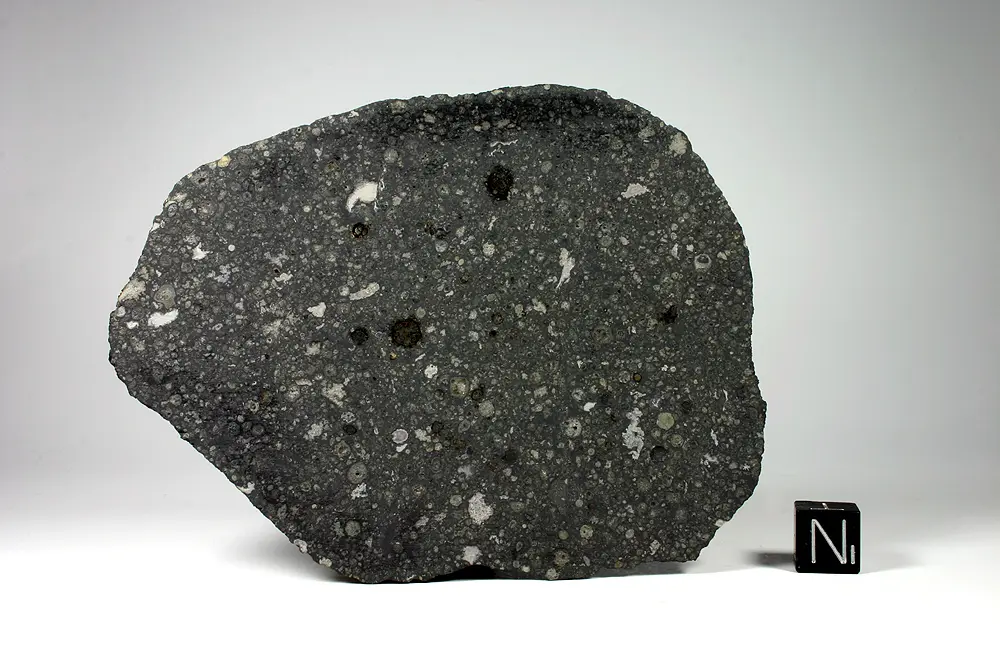
Conducting the Transaction and Exchange
The choice for the payment system will be done between you and the buyer. Everyone has their preferences, from bank wire transfers, PayPal, checks, or cryptocurrencies. If you are selling a small meteorite, my advice would be to use a platform like Ebay or Estsy because they offer some protection against scams and you can reach out to the support if any problemn arise as their platform handles the payment.
If you are lucky enough to have come accross a rare and expensive meteorite, say price above the 500 dollars mark, I would then suggest using the services of an escrow such as https://www.escrow.com/ which ensure both the seller and buyer are protected at every steop of the transaction.
Once you’ve’ received payment, pack your meteorite very securely, using plenty of padding and a sturdy shipping box, and send it with insurance and tracking. This protects your investment in case of damages or loss during shipping
Alternatively, you could donate it to a scientific institution
If selling your meteorite for profit is not a priority, consider donating it to a museum or university collection. Meteorite databases and academic researchers rely on these types of contributions to further collective scientific knowledge.
You can claim the appraised value of donations as a tax deduction in many countries. With donations, the long-term preservation and study of your specimen will benefit the public.
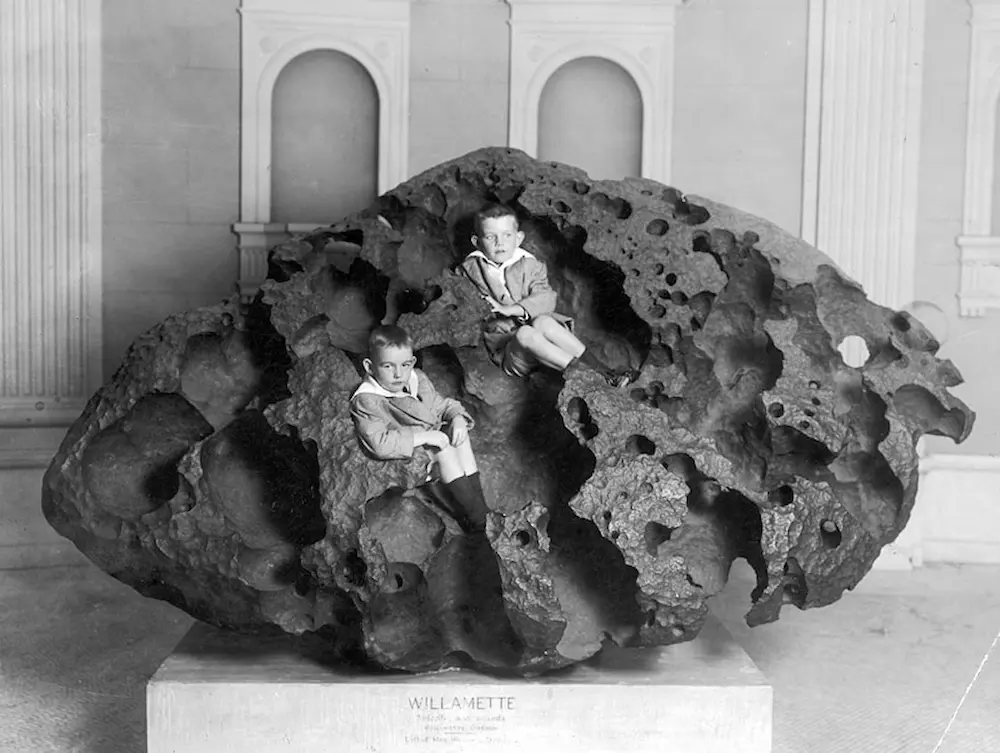
Conclusion
Locating an eager meteorite buyer is possible with some research and outreach. Verifying authenticity, receiving an appraisal, and clearly communicating with buyers will allow you to make the most of your extraterrestrial find.
Weigh both monetary and scientific benefits as you navigate the niche meteorite market. With due diligence, your meteorite will end up in good hands and further our understanding of the solar system.

I’ve been fascinated by space and astronomy from a very young age. When I’m not watching space-themed documentaries, movies or TV series, I spend most of my free time in my backyard admiring the planets and galaxies with my telescope.
Learn more about meteorites ☄️
This page is part of our collection of astronomy articles. If you enjoyed the read, then you’ll love the following articles.

